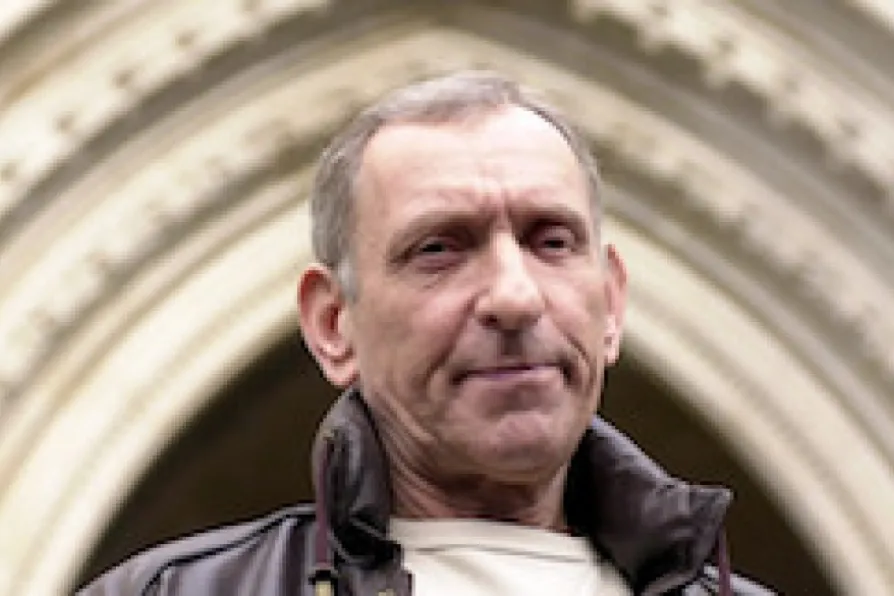
 Paul Cleeland at the High Court
Paul Cleeland at the High Court
A MAN whose murder conviction is considered potentially “one of the last great miscarriages of justice from the 1970s” took his 45-year fight to clear his name to the High Court yesterday .
Paul Cleeland, now 75, spent 26 years behind bars for the murder of his friend Terry Clarke, who was shot twice in the early hours of November 5 1972 as he and his wife returned to their home in Stevenage.
Mr Cleeland was convicted of murder at his retrial – at which he represented himself – and sentenced to a minimum of 20 years in jail, but he has always maintained his innocence.

Former judge ANSELM ELDERGILL examines the details and controversy of Lucy Letby’s trial and appeal in the context of famous historical wrongful convictions that prove both the justice system and legal activists make errors













